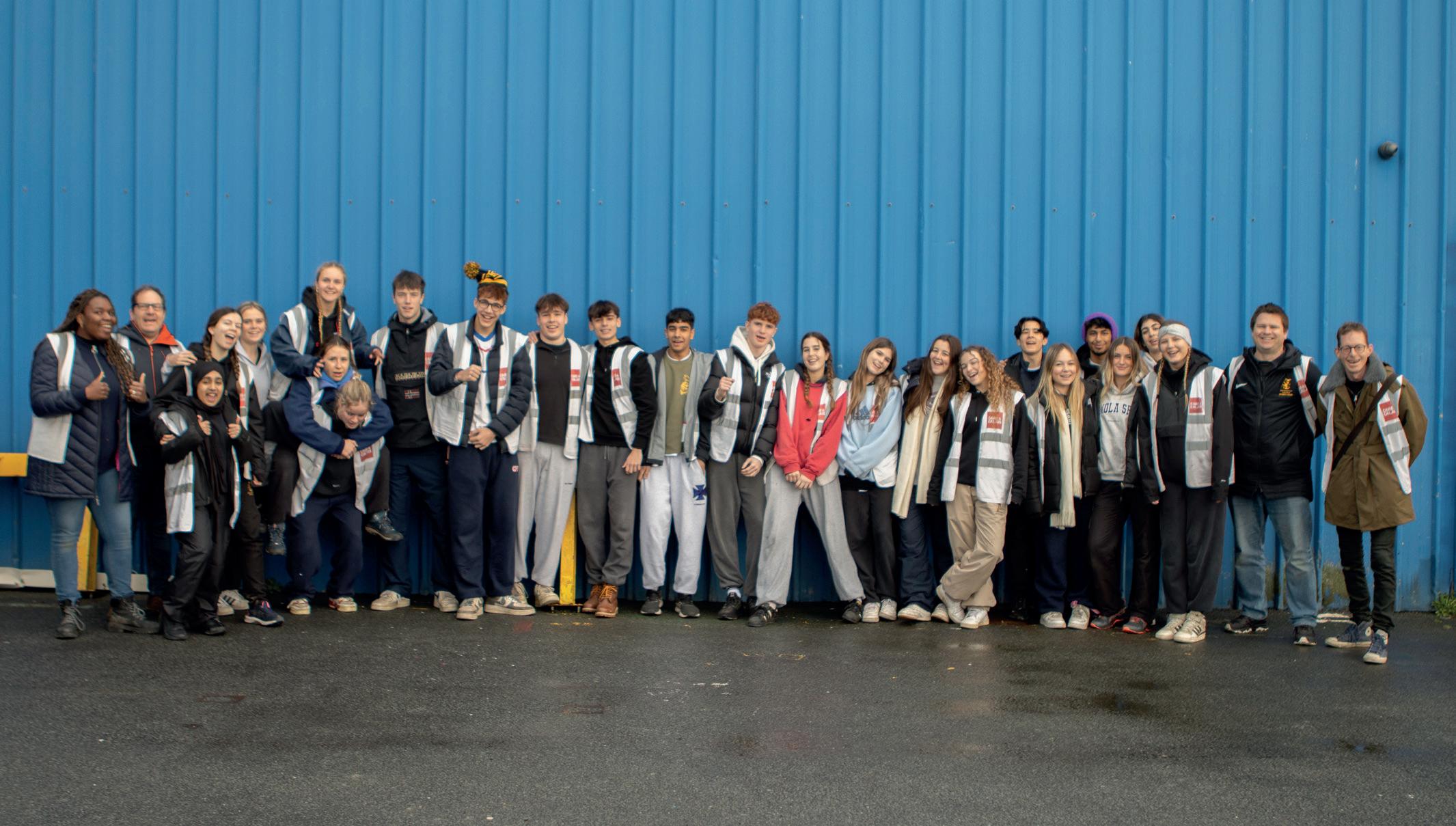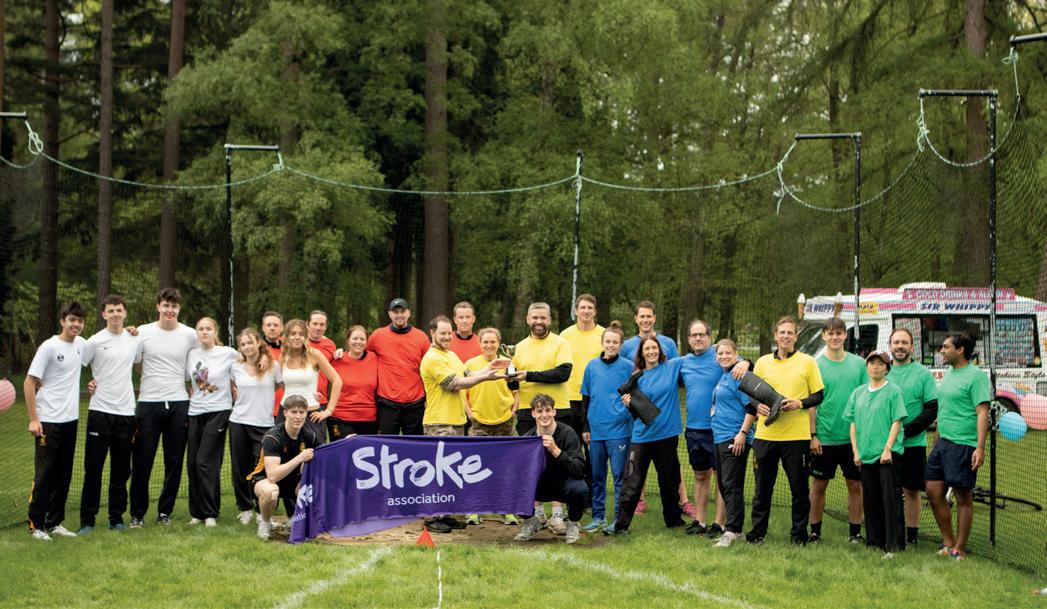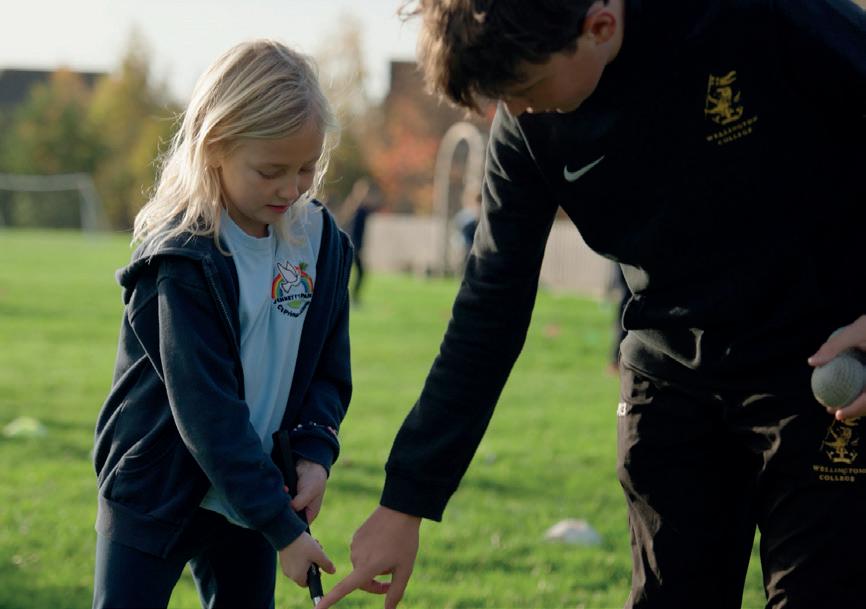Social Impact Report
To serve and help shape a better world


To serve and help shape a better world

Our pupils will develop into inclusive and empathetic leaders, actively removing barriers to inclusion in their communities
More young people, regardless of their school or family background, will have the opportunity to discover, develop and pursue their passions for the future
Our pupils will help to advance sustainability solutions and the environmental performance of the College site will be transformed

Wellington’s purpose compels us to strive for better world, a world that is more inclusive, equitable and sustainable. These are big and urgent ambitions, reflected at the global level by the six UN Sustainable Development Goals (SDGs) to improve health, wellbeing and education; and reduce inequality, overconsumption and climate change.
We are approaching these ambitions one step at a time.
Our Social Impact Framework, overleaf, guides these steps. It outlines how we anticipate that our actions will work together to deliver outcomes and impact over the longer term. We use the framework to remember why we are undertaking our activities. As the American philosopher, Henry David Thoreau, said: “It is not enough to be busy; so are the ants. The question is: What are we busy about?”
Correspondingly, this report focuses less on our busynesswhat we have done or are doing - and more on what these actions have meant. Each chapter speaks to the outcomes we anticipate and the examples of change we can see emerging.
Always a work in progress, we welcome your feedback on any aspect of our social impact approach.
This is our strategic framework. It helps us to articulate our three social impact ambitions and sets out the logical pathway to get there.
• Embed equity, diversity and inclusion within College governance, operational structures and facilities
• Update human resource practices and professional development to acknowledge and address barriers to inclusion
• Teach pupils the knowledge and skills for global citizenship and social change-making
• The College is organisationally and culturally more inclusive
• The College population is more diverse
• Interaction and communication between diverse groups increases
• Pupils are more aware of societal injustice and its drivers
• Help to equip and resource local schools, youth organisations, play and extra-curricular providers
• Build teachers’ knowledge, capability and networks
• Work with cohorts of pupils from other schools
• Provide extra support for disadvantaged children
• Reflect climate science, green technology, sustainable development and living in harmony with nature in our teaching and co-curriculum
• Improve resource management on the College site and in our supply chain and promote behaviour change
• Champion biodiversity
• Limitations on teaching and learning imposed by facilities, equipment or resources in state schools are reduced
• State schools augment their enrichment, cocurricular and careers activities
• Disadvantaged pupils can engage better with education
• There are more opportunities to access quality enrichment, co-curricular and careers activities outside of school, at no or reduced charge
• Pupils have increased knowledge of environmental sustainability
• Wellington has a greener culture
• The carbon footprint of the College and along our supply chain is reduced
• Resource management has improved
• Biodiversity increases
The focus of this report is here, on the outcomes we’ve achieved in the year 2023-24
Our social impact ambitions respond to a global call to action, the six UN Sustainable Development Goals (SDGs) cited here: To improve health, wellbeing and education; to reduce inequality, overconsumption and climate change.
• Pupils and staff from across the range of human difference feel more strongly that they belong to, and can flourish within, the College
• More frequent and respectful interaction with diverse perspectives benefits everyone’s performance
• Wellingtonians understand and advocate for a fairer society
A more inclusive world
Our pupils develop into inclusive and empathetic leaders, actively removing barriers to inclusion in their communities


• More pupils can perform at their highest academic potential
• More young people have tried new things, explored what’s possible, and are well informed on next steps
• Pupils and staff demonstrate more sustainable habits and influence others
• Pupils are equipped for green careers that contribute to preserving or restoring the environment
• College operations achieve carbon net zero
• Nature on the College site is more adaptable and resilient to climate change
A more equitable world
More young people, regardless of their school or family background, have the opportunity to discover, develop and pursue their passions for the future


A more sustainable world
Our pupils help to advance sustainability solutions and the environmental performance of the College site is transformed

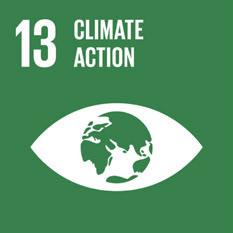

Our 2023-24 cohort of Inclusion Ambassadors undertook specialist training to learn about issues of inclusion and supporting their peers. By the close of the year, 85% assessed their knowledge in this area as ‘strong’ and half of the ambassadors reported that other pupils had approached them during the year for help with issues around belonging.
Inclusion Ambassadors have led assemblies to inform all pupils about neurodiversity, Black History Month and International Women’s Day; and featured in the International Holocaust Day service. For the pupils at Wellington College Prep, the ambassadors organised an art competition, setting the context for submissions on the theme of inclusion.
At the house level, ambassadors ran activities to bring pupils together across year groups and supported their HMs with EDI messaging.
One of our Inclusion Ambassadors joined Naima Charlier, Director of EDI & Social Responsibility at the 2024 Festival of Education to present a session to other educators on creating a culture of belonging in a school environment.
We want to help our pupils to develop into inclusive and empathetic leaders, actively removing barriers to inclusion in the communities in which they participate – now and in the future. Societies that promote Equality, Diversity and Inclusion (EDI) experience greater economic success, healthier communities and more resilient futures. UN data shows that removing barriers to inclusion will be essential for achieving the full range of SDGs.
Key programmes in 2023-24
• Within our continuous review of the curriculum, we consider diversity of voice and how representation, stereotypes and power structures are experienced in all our subjects.
• Our weekly co-curricular Global Citizenship programme encourages pupils to face and resolve global challenges and to become proactive contributors to a more peaceful, tolerant, inclusive and secure world. It is a form of civic learning that includes active participation in projects tackling social, political, economic, or environmental issues.
• Pupils participate in EDI improvement at the College directly (such as the Inclusion Ambassador programme, the EDI Committee) and indirectly, through exposure to communications and events featuring diverse communities and viewpoints.
• We are incorporating EDI knowledge and skills into our human resources practices, including the training and professional development activities of teachers and staff.
• A multi-year programme to improve site accessibility is underway, to remove the barriers to participation faced by pupils, parents and staff with physical disabilities.
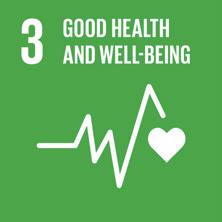
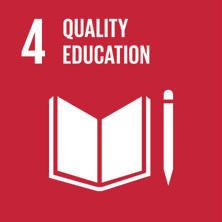


The College is organisationally and culturally more inclusive
At the strategic level, the cross-cutting EDI Advisory Group - comprising governors, staff, pupils and alumni from across the College and Wellington Prep - identifies and prioritises areas for improvement. Change implemented includes the addition of EDI as a regular agenda item for the Executive Leadership Team; earmarking an additional eight leadership hours per year for EDI challenges and approaches, compared to previous.
Operationally, we have deployed eight Race & Identity Champions, staff ready to talk about race, identity and cultural celebration; and 36 Inclusion Ambassadors, pupils who have volunteered to help create an environment where everyone feels they can belong. The AllFaiths and Celebrations teams update the College population monthly on upcoming days of reflection or celebration for a wide range of faiths and cultures.
We have updated our people practices. All new hires are inducted in our EDI expectations and an EDI update or training now features at each of the three INSET training days. EDI topics have augmented the professional development training undertaken by all staff aspiring to middle management positions. Eighteen staff from the College and Prep school are now better equipped to understand and support their teams.
Visual cultural references are under review by the Legacy & Dialogue Committee. Changes this year include commissioning a portrait of a female leader to join the male leaders memorialised in art at the College; and the permanent public display of all staff who have contributed long service to the school and who, until now, may have gone unacknowledged.
The College population is more diverse College data shows that the gender and ethnicity affiliations of our pupils are aligning towards the national average. A December 2023 survey found that 95% of pupils agreed they were being taught to understand and value diversity. Similar percentages agreed that they felt that they could be themselves at school; and that they are valued for who they are. We have also seen a rise in the number of pupil groups celebrating diverse identities, such as PrideSoc, CulturalSoc, FemSoc and MenSpeak.
Interaction and communication between diverse groups has increased
A review of the A-Level and IB English curricula has confirmed diversity of authors and voices within texts. An updated History curriculum offers pupils across all year groups the opportunity to study a diverse range of histories. The US Civil Rights movement and the struggle against Apartheid in South Africa are explored in the Sixth Form; and the Third Form has a new course on Migration to Britain, discovering the stories of medieval Anglo-Jews, Black Tudors, the sugar and tea trades and the Windrush migrants. In addition, our brand new IGCSE course evaluates the role that slavery played in causing the US Civil War, and the effects of its subsequent abolition, and examines the consequences of European and US imperialism on Africa, India, the Caribbean and the Pacific in the 19th century.
The visiting speakers that helped to deliver assemblies, fireside talks and other enrichment include a diverse panel of OW sportswomen on their experiences as elite female athletes; and Inua Ellams MBE, a Nigerian-born British poet, playwright and performer.
The Wellbeing curriculum followed by all pupils includes two lessons on empathy. The whole school celebrates Empathy Week in March and an evaluation of the Global Citizenship programme found that more pupils finishing the Lower Sixth this year reported a belief in their ability to empathise with others and to communicate and to resolve conflict, than did so back in 2021, when they were asked the same question as third formers.
Pupils are more aware of societal injustice and its drivers
174 pupils participated in transformational conversations with people based in countries including South Africa, Rwanda, Barbados. Connected via an immersive video technology that creates the impression of being in the same room, the discussions on EDI themes, climate change, social justice, displacement and genocide built empathy and understanding of lived realities.
A self-assessment by Third Form pupils as to how informed they feel on global issues in July 2024, at the end of their Global Citizenship course, has established that their understanding is at the highest level reported for four years. This year group has benefited from changes to the programme including a new course on sustainability and the unequal impacts of climate change across the world and between generations.

Inclusion in action: Wellington Peace & Conflict Institute and Care4Calais
In February half term, 27 members of the Wellington College Peace & Conflict Institute spent two days supporting the work of Care4Calais in the refugee camps at the French port. This is the fourth year that we have gone there to help.
The trip included both backroom operations and frontline humanitarian support. Pupils worked in the warehouses, organising essential supplies such as tents, sleeping bags and food. Pupils also entered the camps to provide hot drinks, offer English lessons or play games with the residents. In many cases, they simply shared a conversation with the refugees.
One pupil, reflecting on these interactions noted, “When I discovered that he was the same age as me, I was confronted with the harsh reality that the only difference between myself and him was the place where we were born.”
According to a British Council survey, Latin is taught in less than 3% of state schools, compared with 49% of independent schools. Our neighbouring state secondary school, Edgbarrow, is one of the 3%, due to long-term support from Wellington Classics teachers and our Sixth Form Classicists.
This year, 30 Edgbarrow pupils from Years 8-11 opted to study Latin as an additional after-school academic commitment. Classes were delivered by Drs. Cromarty, Johncock and Gilbert at no charge to Edgbarrow, with six of our Lower Sixth pupils acting as teaching assistants. Four Edgbarrow pupils were entered for Latin GCSE in July, with two securing a Grade 8 and two a Grade 7.
This brings the total of Edgbarrow pupils who have now secured a formal academic qualification in Latin - being either the full WJEC GCSE or the OCR GCSE Short Course - to 45. Edgbarrow’s headteacher confirms that “Latin is an important addition to our languages offer. Wellington’s teaching means our students have the opportunity to undertake an extra GCSE and gain valuable skills to support their study of French and Spanish”.
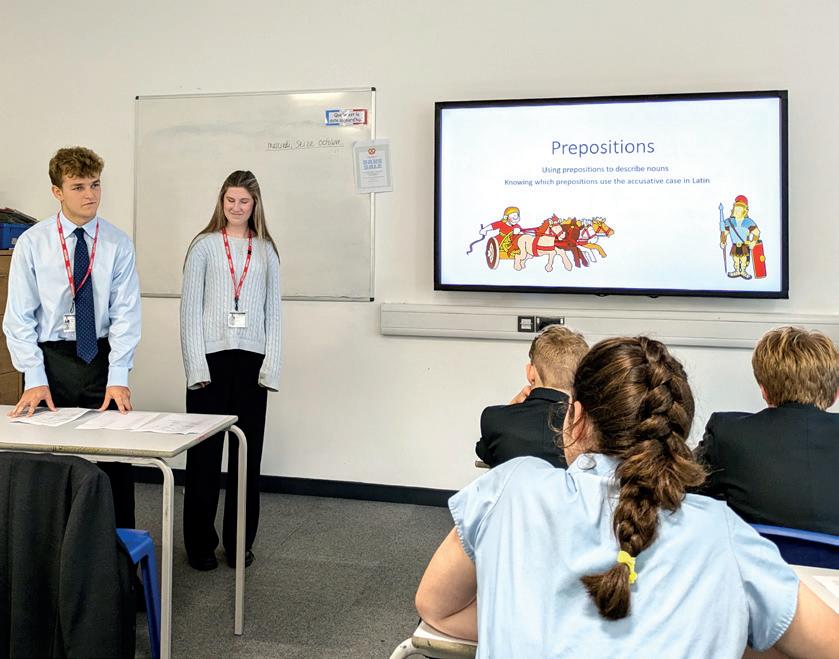

We believe that all pupils should have the opportunity to discover, develop and pursue their passions for the future. This means that more children - regardless of their school or family background - are able to find what inspires them and to recognise and access the related career paths. This ambition speaks to the rising income inequality within the UK which has been found to limit children’s future opportunities, amid longterm real funding cuts for state education.
• The Prince Albert Foundation is our bursary programme to provide a fully-funded Wellington education for children from disadvantaged backgrounds. 31 pupils were educated at Wellington this year on receipt of a financial award worth 110% of fees.
• Our 2024 Grants scheme and the Arts Fund disbursed more than £450,000 this year directly to schools in the state sector and to public or charitable organisations working with young people.
• The Wheeler programme enables state school pupils to attend the College regularly for additional skills, study and experience over five years. 93 children participated this year, 21 of whom were completing the programme after joining in 2019.
• The Wellington College Learning Alliance delivered a full programme with 60 specialist events across the academic year to help develop teachers and pupils from 28 state schools.


Limitations on teaching and learning imposed by facilities, equipment or resources in state schools have been reduced
The grants we awarded to seventeen state schools back in July 2023 started to deliver their benefits over the academic year 2023-24. £300,000 to improve teaching and learning had been invested in better outside learning areas, IT equipment, teaching resources, curriculum development and special needs facilities. One year on, headteachers confirm that these funded school improvements have removed a source of worry; reduced everyday frustrations for pupils and staff; and strengthened both pride and joy in their schools.
Supporting human resources in schools, 200 teachers from 25 schools participated over the year in our free Learning Alliance events to develop their knowledge, networks and skills. Participating teachers told us that they were “excited to try out some ideas in lessons” and that they now had a “better understanding of how I can make my lessons more interesting and engaging”.
State schools have augmented their enrichment, extracurricular and careers education provision
4,200 state school pupils participated in our Learning Alliance events in 2023-34, signposted to the sessions by their teachers to learn about topics including university application, subject revision and careers. One teacher confirmed the role of these events as delivering “the sort of content that we unfortunately don’t have time to teach”. Highlights include a programme on entrepreneurship; and a new collaboration with the housebuilder Taylor-Wimpey to invite girls to consider opportunities within the construction industry.
Our grants have subsidised an after-school chess club to run all year in three Berkshire primary schools; and supported Longridge Activity Centre to complete their new tented village – now known as Wellington Village – in the face of spiralling costs. 2,682 young people on school residential trips have stayed there already.
Arts pupils within 29 state schools have benefited from the purchases made possible by a Wellington Arts Fund award of approximately £1,000 each, enabling better experiences in drama, dance, music and art.
Under-resourced pupils are engaging better with education
31 pupils from under-resourced backgrounds received 110% fee assistance through the Prince Albert Foundation (PAF) to study at Wellington this year. Of the ten PAF scholars completing the Upper Sixth in 2024, seven met the entry grade requirements of their first choice of university, 86% of which are high tariff institutions including Cambridge, Imperial, King’s; and three will progress to their second choice, 66% of which are high tariff institutions. These achievements take place against a national backdrop of low university entry rates for economically disadvantaged children (just 26% in 2024) and a clustering in the lesserranked institutions.
Internal data also shows that 38% of our PAF A-level pupils achieved grades that were higher than those that had been predicted for them based on their set of GCSE results. This suggests that the Wellington learning environment has enabled these pupils to perform better than their potential.
Within the 2023-24 cohort of pupils attending the Wheeler programme, 39% are from a household with income below £43,000 a year; 32% have parents who did not go to university; and 17% receive free school meals. Testing against a validated scale revealed that this group has developed higher levels of motivation than is found in their respective year groups nationally. Looking at a single year group, the cohort due to graduate the programme in 2026 is already testing 8% higher for motivation than they did in February 2023.
Wellington’s Refugee Schooling Fund, managed by Bracknell Council, continues to support the most under-resourced pupils in the borough with small grants to remove the most basic barriers to participation at school. Due to the fund, 41 pupils are now able to use a laptop at home to aid their studies; 27 pupils are wearing the correct school uniform; 15 pupils have a way to get to and from school; and 10 pupils were able to attend school trips with their classmates.
Our financial support to extracurricular providers in 2024 opened up free or subsidised spaces in a new theatre group for 16 neurodivergent young people; dance classes for 97 children with disabilities; and weekly choir sessions for 50 vulnerable 11–25 year-olds.
We also funded Wellington’s own Real Tennis Centre to introduce this unusual sport to 86 local children for free in the summer holidays. According to parental survey, 27% of these children would not have undertaken equivalent exercise on that day, if the coaching wasn’t available; and for those that might have sought an alternative, 80% thought that there would have been a paywall.
A smooth and confident transition from primary to secondary school is important for establishing feelings of school connectedness, which can in turn influence educational outcomes. To aid transition, secondary schools are increasingly employing structured induction programmes for their year 7 pupils and this year, for eight state schools, it could include a day at Oakwood Activity Centre.
Co-funded by Wellington and Oakwood, 1,732 pupils attended for free in their new form groups, to challenge themselves, build confidence and friendships. Afterwards, teachers reported a more cohesive atmosphere in form time; and better engagement between pupil groups who “at the start of the day, didn’t all know each other’s names, [yet] by the end of the day, were supporting each other to complete tasks together”.
Reflecting on how the day augmented their provision, another teacher said that without the free invitation to Oakwood, “we would try and emulate some of the activities, but this would be severely limited due to resources. We would likely run smaller events that would not have the same impact or the same experience for students”.



COP28 – the 28th UN Climate Change Conference and global sustainability policy event of the year - was held in the United Arab Emirates in November 2023. Ana Romero, Head of Sustainability at Wellington and one of our pupils spent two days at the talks in Dubai. A highlight was the presentation to the leaders of our sustainability manifesto, developed by the pupils in the Wellington Sustainability Committee and endorsed by 6,000 young people.
Back in Crowthorne, we organised a mock COP event to provide 84 young delegates from Wellington and five local schools with an immersive experience mirroring international climate negotiations. Pupils represented countries such as Brazil, Chile, China, UK and USA, examining their progress towards climate targets and exploring the drivers and barriers to agreeing collective action.
According to a 2021 UK government survey, 81% of young people said they wanted to do more to look after the environment; and 46% of those surveyed do not think that adults are doing enough. Our goal is to support pupils to undertake responsible lifestyles and to equip them to help advance environmental solutions in the future. We will achieve this by embedding a green curriculum and building a College culture which champions sustainability in operations and behaviours.
• One strand of the co-curricular Global Citizenship programme looks expressly at Sustainability. Participation is mandatory for those in the Third Form and a popular option again in Fifth Form and the Lower Sixth.
• Our College site decarbonisation programme has launched with an in-depth investigation into our carbon use, to inform long term reduction strategies in line with Net Zero commitments.
• Baselines have been set for biodiversity across the College site and management plans for our heath, woodland and bog areas developed.




Wellington pupils have increased knowledge of environmental sustainability
A new course on sustainability was delivered to all Third Form pupils this year. Over eight sessions, 207 pupils explored key sustainability themes including climate change, resource management and responsible citizenship. They are now familiar with concepts such as the circular economy, sustainable development goals, climate adaptation and resilience. A pupil reflected, “I thought I knew about the concept of sustainability, but now I realise I didn’t know much”.
Our Lower Sixth pupils took part in a new 45-minute lesson on Climate Education, focusing on Climate Anxiety. This addressed the emotional and psychological impacts of climate change, providing pupils with tools to navigate their concerns and foster resilience in the face of environmental challenges.
Eight pupils have earned an external qualification, the Certificate in Carbon Literacy awarded by the Carbon Trust. A Carbon Literate citizen understands how climate change will affect communities and has acquired the knowledge and skills to develop their own responses to lowering their carbon footprint, and the carbon footprint of others, whilst having the confidence to share their Carbon Literacy.
Wellington pupils set up and participated in a mock UN Climate Change conference (“Mock COP”), exploring national positions on climate change. Dr Omnia El Omrani, the first official Youth Envoy for the UN Climate Summit, visited Wellington for a fireside talk on the importance of youth participation in tackling climate change.
Wellington has a greener culture
As part of our Earth Week celebrations, pupils made pledges to undertake more sustainable habits, such as walking more, using less energy when cooking, avoiding plastic. A pupil-led ‘lights off’ day encouraged all pupils and staff to undertake more mindful consumption.
Our Sustainability Committee has been pursuing practical projects relating to the SDGs and been active within the programmes of the UK Student Sustainability Network and the Berkshire Schools Eco-Network. They also staged an Eco-Games inter-house tournament, requiring creative thinking around sustainability issues, and a similar competition for the pupils at Wellington College Prep.
Twelve pupils travelled to Wales on a sustainability educational trip, combining outdoor activities such as surfing and coasteering with lectures, workshops and conservation tasks. Pre- and post-trip surveys indicated that, due to their time in Wales, pupils felt a stronger connection to nature and are more open to adopting sustainable habits such as water and energy conservation. Perhaps most importantly, the surveys also showed an improved optimism for the future, despite the challenges it presents. Some pupils indicated a new interest in exploring a green career.
In the dining room, we now use specialist software to calculate the carbon footprint of individual dishes, based on their ingredients to help pupils and staff to make more informed choices.
The carbon footprint of the College and supply chain has reduced
Our focus this year has been to establish a clear picture of our carbon footprint. A professional team has produced a detailed study of our energy use in each building; and modelled the impact of various carbon saving investments.
Our biggest supplier, Sodexo, which provides catering and domestic services has worked extensively with its own supply chain to reduce emissions by 30% compared to 2017 baseline.
Resource management has improved
A visit to two waste centres in Berkshire provided pupils on the Sustainability Committee with a more accurate picture of waste management and recycling processes and the impact of each person. Their advocacy, alongside a reoptimisation of our waste collection processes and better, bespoke signage on our recycling bins, has meant that the College recycling rate has increased considerably this year. We are now recycling around 50% of our waste.
Biodiversity is increasing
The new development of the Woodland Quad - featuring the Elizabeth and Raglan buildings - was delivered this year. Alongside superior energy efficiency, the development features a Biodiversity Net Gain (BNG) of 10%. A BNG is a detailed measure in a geography undergoing change, which requires that a development will result in more or better-quality natural habitat than there was before. This is a standard that we adopted voluntarily some years ago when we formalised the building plans for the Quad (it has only recently become mandatory for new builds).
The Wellington College bog, a biological Site of Special Scientific Interest, has now been earmarked within one of Berkshire’s 29 Biodiversity Opportunity Areas (BOAs). The BOAs are the subject of targeted, coordinated action under the Local Nature Recovery Strategy to protect biodiversity and reverse past losses by enlarging, buffering and reconnecting priority habitats.

This year we have brought our recycling rates up into line with the national average for organisations. A contributing factor in this improvement was the introduction of better waste processes in the V&A, which will be rolled out shortly across the College.
New waste stations segregate waste at the point of disposal, reducing the risk of contamination which can render whole bags of waste as un-recyclable. Bespoke bin labelling indicates which V&A utensils and packaging go where, and the wording has been carefully chosen to prompt better decision-making. Our Domestics Services Manager tells us that “a subtle tweak, like changing the wording on the bins from ‘general waste’ to ‘non-recycling’, really makes people pause and think before tossing their waste”.
